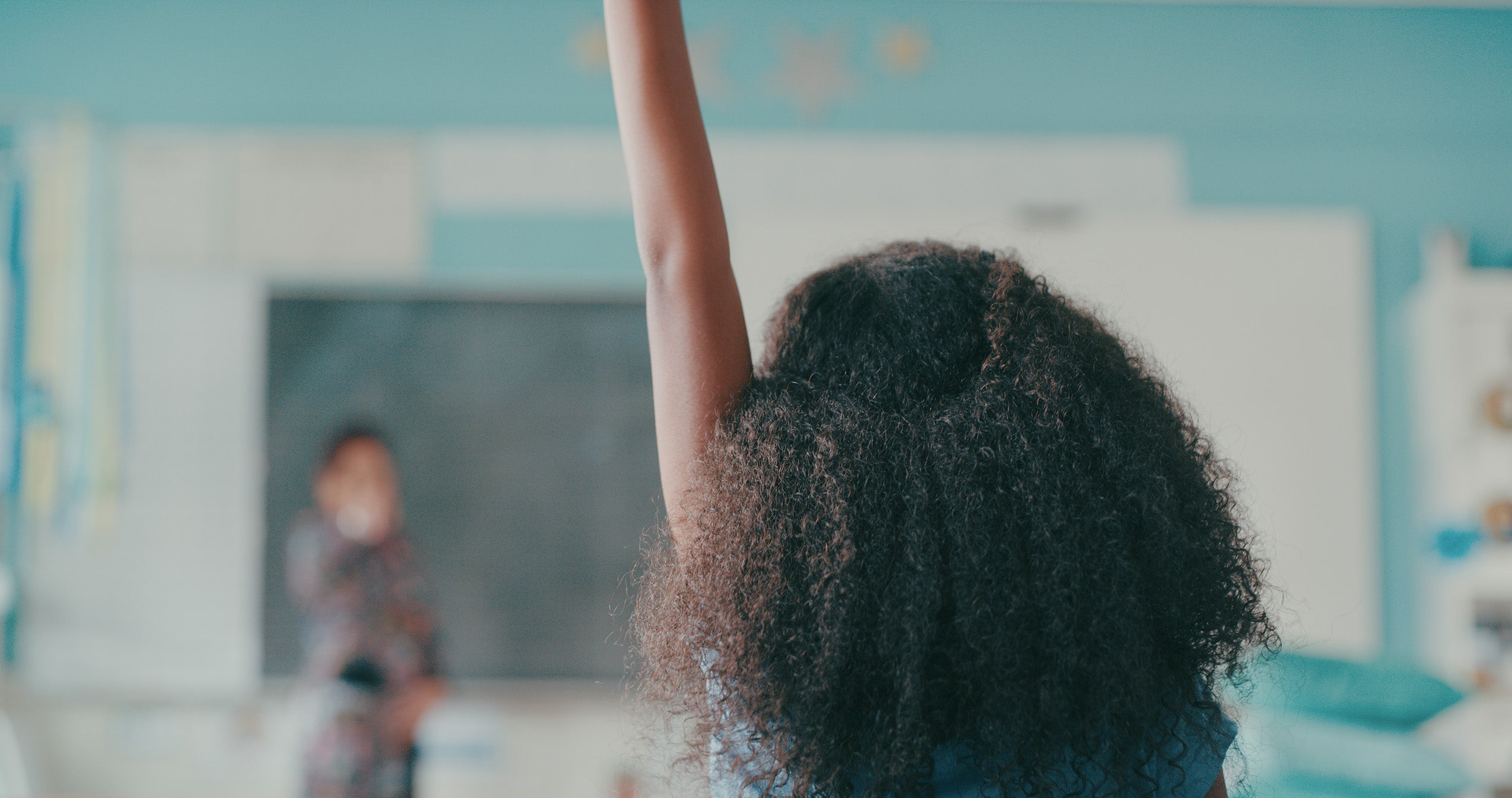In late April, a three-judge panel of a federal appeals court handed an unprecedented win to schoolchildren, becoming the first appellate federal court in American history to conclude that children have a fundamental right to a minimum education that provides basic literacy.
The case, Gary B. v. Whitmer, challenges the state of Michigan for failing to provide access to literacy or even safe and sanitary conditions to students in Detroit’s public schools, 97% of whom are children of color. On April 23, the U.S. Court of Appeals for the 6th Circuit held in a 2-1 decision that states must provide students with an education sufficient to establish basic literacy.

Martha Minow, 300th Anniversary University Professor, is pictured here at a Harvard Law School Library book talk in 2019.
An amicus brief filed by Harvard Law School’s Martha Minow, 300th Anniversary University Professor and the school’s former dean, with the assistance of former research assistant Lena Konanova ’08 and her team at Selendy & Gay, provided the court with the historical legal context that would allow it to draw on precedent—in particular Brown v. Board of Education—to reach new conclusions concerning the necessity of a basic education. The 6th Circuit ruled that although the contours of a specific remedy are still to be determined, “some minimal education—enough to provide access to literacy—is a prerequisite to a citizen’s participation in our political process” and therefore a fundamental right “foundational to our system of self-governance” that the state must provide.
The Gary B. decision overturned a district court ruling that had found that the court could not intervene to aid Detroit’s failing public schools because the state had violated no constitutional rights. The 6th Circuit’s ruling returns the case to the district court, where Minow hopes the parties will reach a settlement to fix a broken school system characterized by the lowest literacy rate of any major school district, a shortage of qualified teachers, out-of-date and insufficient teaching materials, and buildings infested with rodents and pests. An appeal appears unlikely, as Michigan’s new attorney general, whose office defended the lawsuit after inheriting it from a predecessor, has issued a statement praising the decision.
Minow called the appellate decision a “shining light during this dark time.” “It’s a beautifully written opinion, very thoughtful, with a careful articulation of the history, the limitations of other arguments, and the role of the prior jurisprudence around education, and I hope it stands,” she said in an interview.
The result was by no means predictable. Brown v. Board of Education famously established in 1954 that state laws requiring racial segregation in schools were unconstitutional because education, “where the state has undertaken to provide it, is a right which must be made available to all on equal terms.” But Brown did not hold that states must provide an education to its students, and the U.S. Supreme Court ruled in 1973 that there is no broad, general right to education, while leaving open the door for the possibility that a “minimally adequate education” may be required.
The district court in Gary B. saw no relevance in Brown, deeming it a case about discrimination and equal protection with no bearing on whether a due process right exists to education or literacy. So, plaintiff’s attorneys from the public interest law firm Public Counsel asked Minow, a leading scholar on Brown and its legacy, to draft a brief highlighting the decision’s enduring impact. Minow reached out to Konanova, a former research assistant. Konanova, now an experienced practitioner, formed a pro bono team with David Flugman ’06, a fellow partner at Selendy & Gay. Together with Minow, they drafted a brief drawing on her extensive scholarship to frame the issue for the court as one with a deep, historical underpinning.
According to Konanova, the amicus brief spelled out for the 6th Circuit how Brown in fact established the “idea that a basic access to education is actually necessary to have any sort of participation in our democracy, to be able to enjoy the rights of free speech, of political participation.” She added, “Basic access to literacy is a threshold requirement for all of the other rights that we believe the Constitution entitles us to.”
Plaintiffs faced an uphill battle, as a ruling in their favor would require a federal appeals court to find a fundamental right that the U.S. Supreme Court has never pronounced. Indeed, the opinion generated a dissent arguing that the court had gone too far. But Minow believes the risk was worth it, particularly now as a worldwide pandemic upends traditional educational models.
“One of the wonderful messages of this decision right now is that actually, law evolves, and it’s worth continually trying,” she said. “The constitutional recognition of human dignity and liberty [is] an evolving project, and a project that has taken the United States a long time to develop. But it will continue to evolve at a moment that’s really challenging in the country, and I think this is a beacon of hope.”
